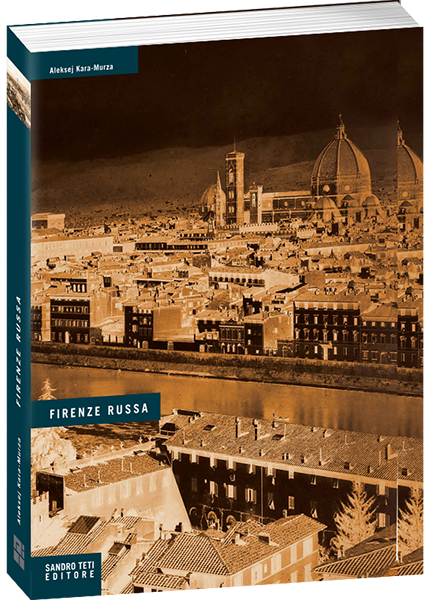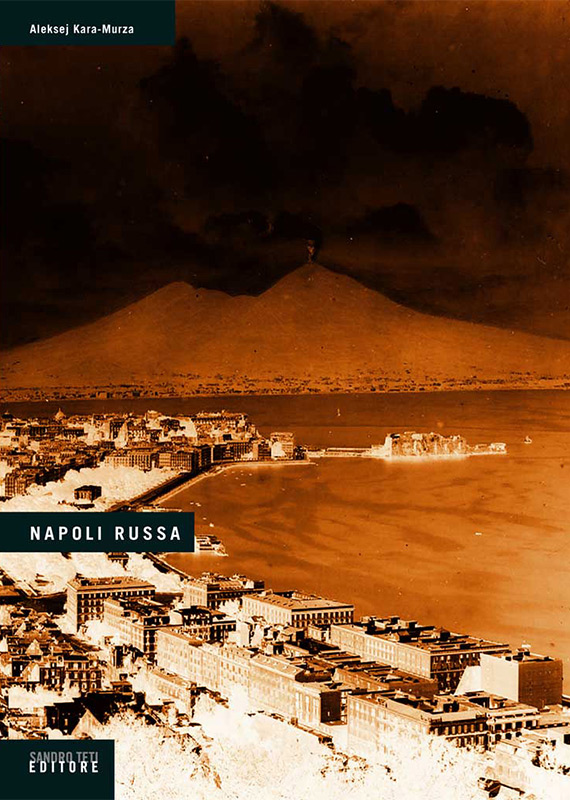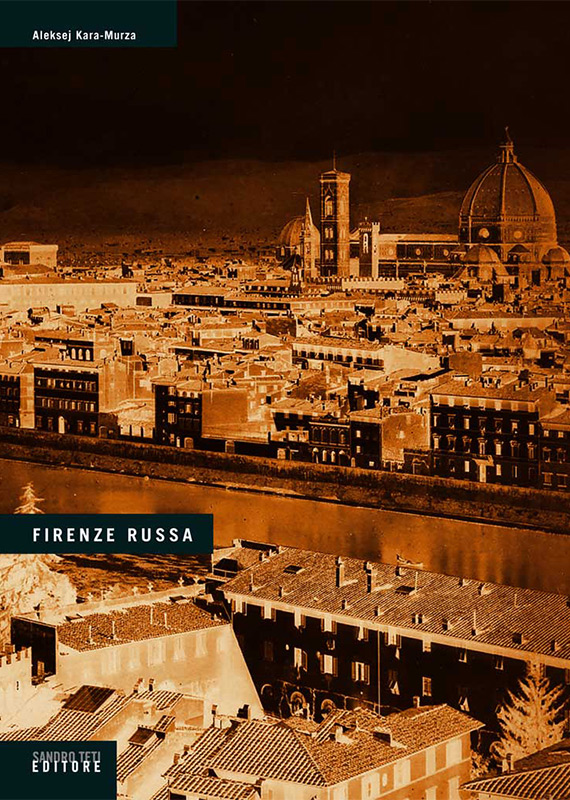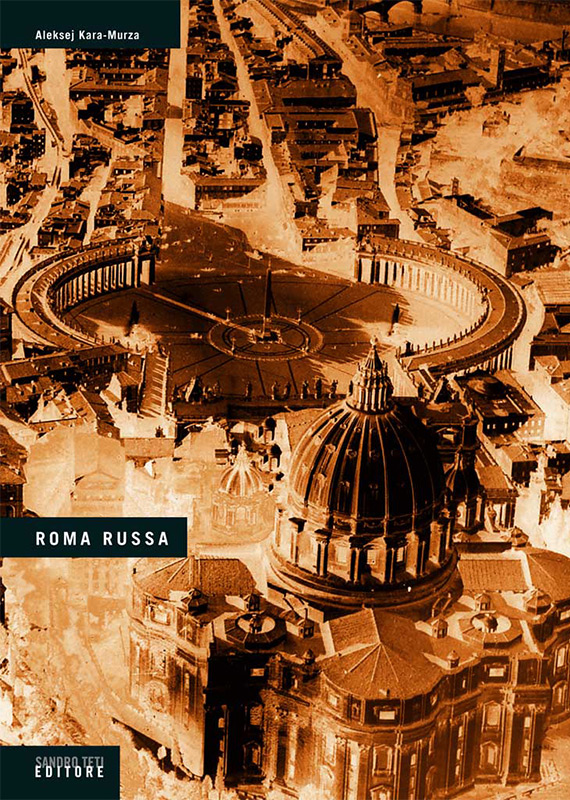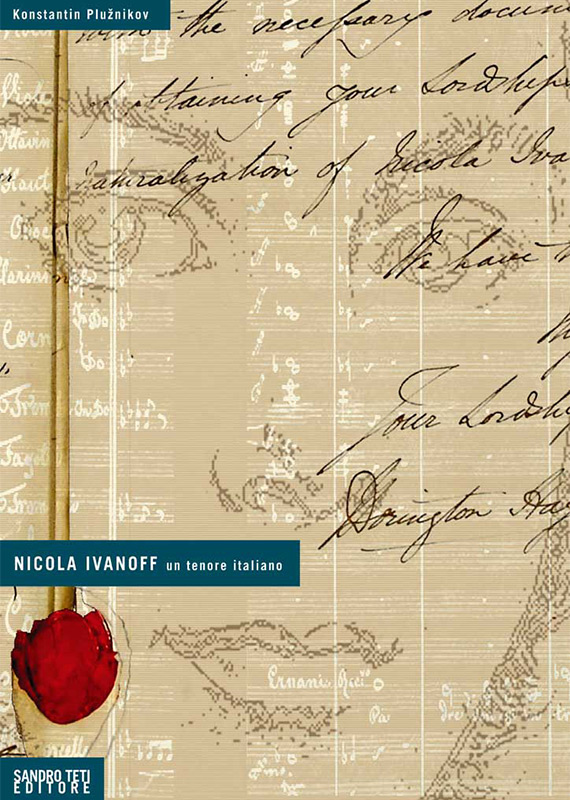Aleksej Kara-Murza – Russian Florence
BOOK: In the preface to the volume Russian Florence Aleksey Kara-Murza writes that, if Rome can be referred to as the Eternal city and Venice as the Abstract one, the right epithet to use for Florence would be natural for the town is integrated in its landscape of hills illuminated with a crystal-clear and vibrating light. Alexander Blok, a great symbolist poet said about Florence: in its abyss it is sweet to dream and live. In his poetic cycle Italian Poems he called the city tender lily-coloured. While the art historian and literary critic Pavel Muratov noted that the image of Florence suggested harmony of a splendid tree and that its stones seemed to be lighter that the ones other cities were made of.
Thus, the beauty of Florence is very particular and can be touched with a glance from the San Miniato Cathedral or from the Fiesole hills, unavoidable destinations of Russian travelers in Tuscany. Florence is a city with which a traveler builds up a close and familiar relationship: from one side, he is ravished with the grandeur of its art and architecture, from the other, he gets relaxed in a soft and sweet atmosphere of its squares and quarters. Florence is not only a museum en plein air: the memories and the letters of Russian intellectuals and artists, besides being focused on the discovery of the fifteenth century paintings, museums and cathedrals, expand inevitably on the sensations transmitted to the artists by the nature or even by the air imbued with history and culture. Florence is a city that seems not to be subject to the corruption of time. It offers constant attractions to be explored by an artistic and creative spirit. In 1868 and 1869, staying in a house at the corner of Via Guicciardini and Via Dei Velluti, Dostoevsky completed his novel The Idiot. Like other compatriots of his, he stood in ecstatic contemplation in front of the bronze Paradise Door made by Ghiberti dreaming of buying its real-dimension-photography in order to keep it in his studio in Russia as an emblem of eternal beauty.
Florence is also the city of Dante, the forerunner and master of exile intellectuals of all time and of many eminent Russian immigrants, from Muratov to Zaitsev and Osorgin who considered the city to be a hidden refuge, in accordance with the Florentine lesson that became for them a deep and constant source of the inner enrichment.
Florence is a place reflecting the continuity of history and the uninterrupted change of generations, of those infinite crowds of people who, according to Boris Zaitsev’s suggestive metaphor, left their diamonds in the brightly-shining crown of Florence since Dante’s time.
title: Russian Florence
foreword: Stefano Garzonio
pages: 280
price: 35,00 €
ISBN: 88888249087
